WASTE TO WEALTH : PARIVARTHANA
Introduction
Parivarthana, established in 2008 within the CHRIST (Deemed to be University) campus, is dedicated to transforming waste into valuable resources and promoting responsible waste management. Our primary objective is to maintain CHRIST (Deemed to be University) as a zero-waste campus through recycling and repurposing initiatives.
At the core of Parivarthana's operations are the dedicated women within the unit, supported by student volunteers and university administration.
Together, we strive to educate students and faculty on waste management principles, with a focus on the essential 3Rs: Reduce, Reuse, and Recycle.
The waste management unit includes various initiatives, including paper recycling, composting, and biogas generation from organic waste. Additionally, we engage in educational activities such as awareness rallies, eco-conservation programs, and the formation of eco-clubs to empower communities and promote sustainability.
WASTE SEGREGATION
- Waste is collected from waste-disposal bins placed at different points on the campus by the staff working at the Parivarthana Unit.
- The unit segregates dry and wet waste for bio-recycling.
- Annually, over 70,000kg of dry waste is generated, leading to a revenue of approximately ?5,00,000.
Collection of waste material taking place in packages
PAPER RECYCLING UNIT
- Answer sheets, question papers, excess newspapers, and much more, a large variety of paper waste is produced on our campus.
- The paper waste collected is utilized for producing various handmade products.
- The unit has the capability to produce 2 lakh recycled products monthly.
Collection of waste material taking place in packages
COMPOSTING
- The unprocessed wet waste, along with plant debris, decomposes to form organic compost.
- Equipped with four composting tanks, each with a capacity of 1500 kg, it produces over 2,500 to 3,000 kg of compost annually, generating revenue of approximately a lakh every year.
- The unit utilizes this compost within the campus and sells the surplus.
WATER TREATMENT PLANT
- The used water undergoes treatment in the water treatment plant, where it achieves a purity level of 98%. This treated water is then utilized for vegetation and gardening purposes.
- On average, 1.5 to 2 lakh liters of water is recycled daily.
BIOGAS
- The wet waste is utilized to produce biogas. The facility is equipped with two biogas tanks, each with a capacity of 150 kg, and one tank with a capacity of 200 kg.
- On average, the plant processes over 1.3 to 5 lakh kgs of food waste, yielding more than 5,500 to 6,000 kgs of LPG valued at over ?5 lakhs annually.
SHG AT PARIVARTHANA
- Parivarthana unit exemplifies the spirit of unity through its diverse team of dedicated individuals.
- In 2019, a Self-Help Group (SHG) was established within the Parivarthana Women Common Interest Group (CIG), fostering holistic empowerment and financial stability among women.
- The SHG initiative underscores Parivarthana's commitment to promoting collaborative efforts and fostering a supportive environment for personal and professional growth.
.png)
×
Overview
Introduction
Parivarthana, established in 2008 within the CHRIST (Deemed to be University) campus, is dedicated to transforming waste into valuable resources and promoting responsible waste management. Our primary objective is to maintain CHRIST (Deemed to be University) as a zero-waste campus through recycling and repurposing initiatives.
At the core of Parivarthana's operations are the dedicated women within the unit, supported by student volunteers and university administration.
Together, we strive to educate students and faculty on waste management principles, with a focus on the essential 3Rs: Reduce, Reuse, and Recycle.
The waste management unit includes various initiatives, including paper recycling, composting, and biogas generation from organic waste. Additionally, we engage in educational activities such as awareness rallies, eco-conservation programs, and the formation of eco-clubs to empower communities and promote sustainability.
WASTE SEGREGATION
- Waste is collected from waste-disposal bins placed at different points on the campus by the staff working at the Parivarthana Unit.
- The unit segregates dry and wet waste for bio-recycling.
- Annually, over 70,000kg of dry waste is generated, leading to a revenue of approximately ?5,00,000.
Collection of waste material taking place in packages
PAPER RECYCLING UNIT
- Answer sheets, question papers, excess newspapers, and much more, a large variety of paper waste is produced on our campus.
- The paper waste collected is utilized for producing various handmade products.
- The unit has the capability to produce 2 lakh recycled products monthly.
Collection of waste material taking place in packages
COMPOSTING
- The unprocessed wet waste, along with plant debris, decomposes to form organic compost.
- Equipped with four composting tanks, each with a capacity of 1500 kg, it produces over 2,500 to 3,000 kg of compost annually, generating revenue of approximately a lakh every year.
- The unit utilizes this compost within the campus and sells the surplus.
WATER TREATMENT PLANT
- The used water undergoes treatment in the water treatment plant, where it achieves a purity level of 98%. This treated water is then utilized for vegetation and gardening purposes.
- On average, 1.5 to 2 lakh liters of water is recycled daily.
BIOGAS
- The wet waste is utilized to produce biogas. The facility is equipped with two biogas tanks, each with a capacity of 150 kg, and one tank with a capacity of 200 kg.
- On average, the plant processes over 1.3 to 5 lakh kgs of food waste, yielding more than 5,500 to 6,000 kgs of LPG valued at over ?5 lakhs annually.
SHG AT PARIVARTHANA
- Parivarthana unit exemplifies the spirit of unity through its diverse team of dedicated individuals.
- In 2019, a Self-Help Group (SHG) was established within the Parivarthana Women Common Interest Group (CIG), fostering holistic empowerment and financial stability among women.
- The SHG initiative underscores Parivarthana's commitment to promoting collaborative efforts and fostering a supportive environment for personal and professional growth.
.png)


.jpg)
.jpg)
.jpg)
.jpg)
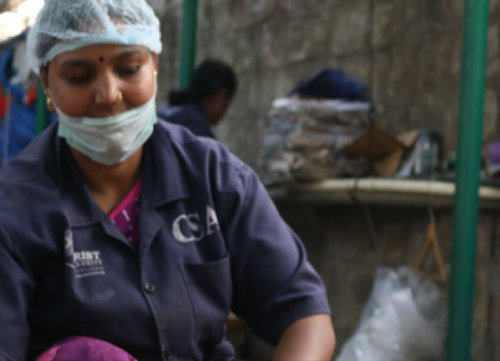
.png)
.jpg)
.jpg)
.jpg)
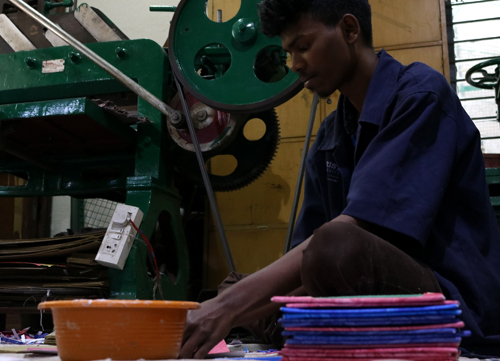
.jpg)
.png)
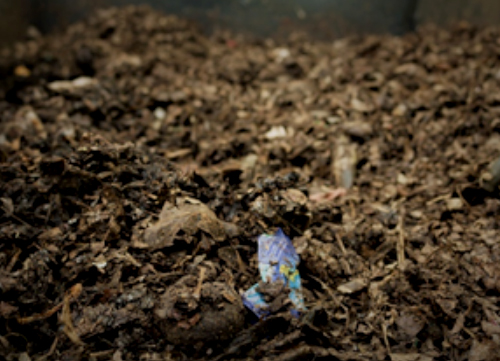
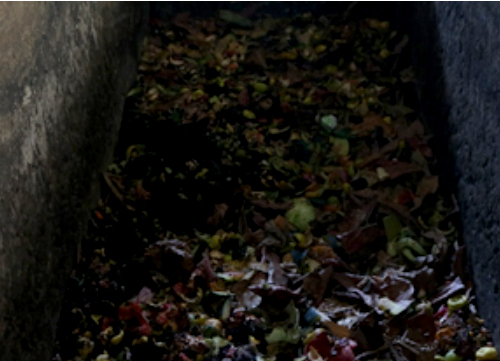
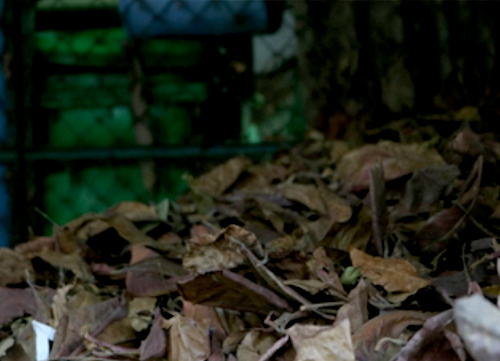
.jpg)
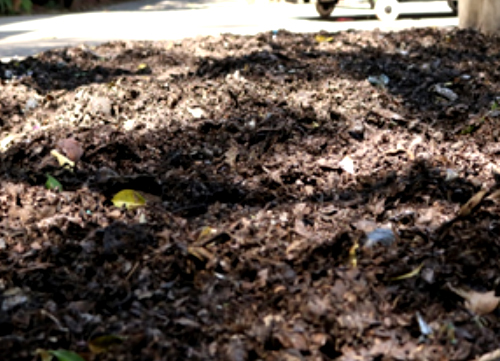
.png)
.jpg)
.jpg)
.jpg)
.jpg)
.jpg)
.png)


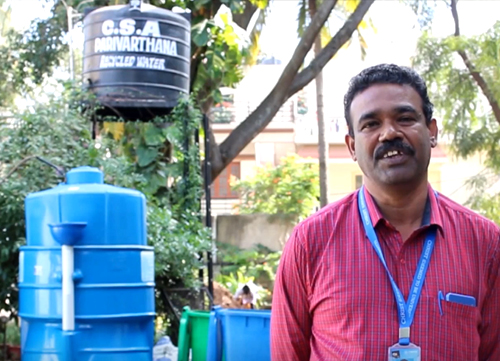
.jpg)
.jpg)
.png)
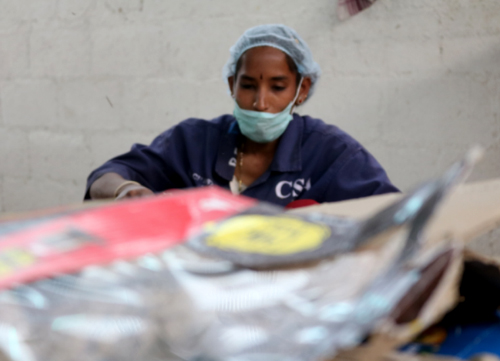
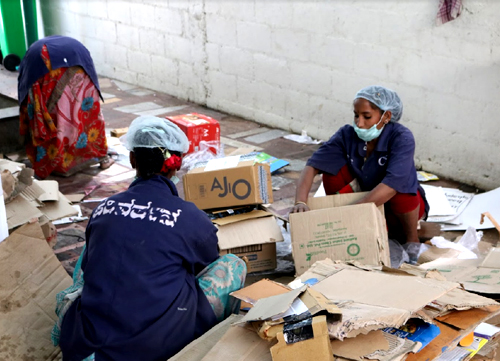
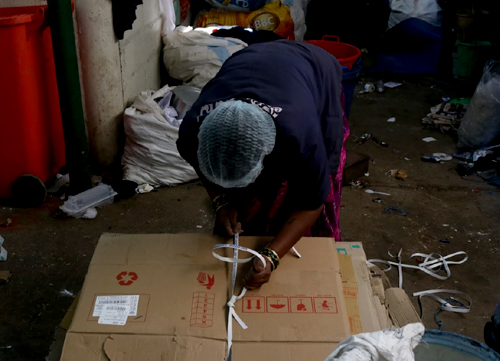
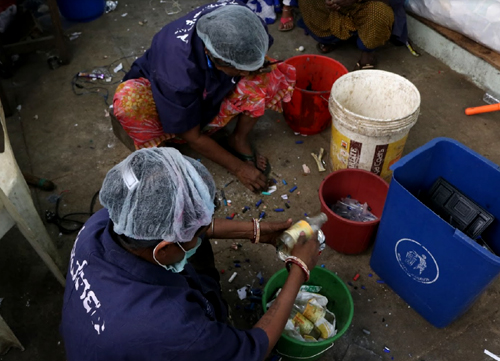
.jpg)
.png)

.jpg)
.jpg)
.jpg)
.jpg)

.png)
.jpg)
.jpg)
.jpg)

.jpg)
.png)



.jpg)

.png)
.jpg)
.jpg)
.jpg)
.jpg)
.jpg)
.png)



.jpg)
.jpg)
.png)




.jpg)
.png)